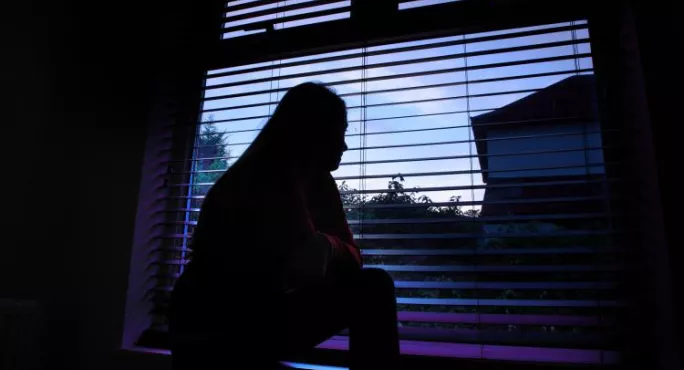- Home
- How to teach PSHE safely from home
How to teach PSHE safely from home

Here’s an honest question for any parents or guardians who are working from home and also trying to support their children: have you had any personal, social, health and economic (PSHE) education work sent home?
Now that you think about it: would you recognise it if you had?
In fact, perhaps only after reading this are you realising that you haven’t thought about PSHE at all, and hadn’t even noticed its absence.
I am guessing that the above is true for many parents. It is likely that specific work has not been sent home for the majority of children - although I have seen examples of wellbeing posters, leaflets and contact postcards all over Facebook and Twitter, so I know that some great work is being done in this area. It just isn’t being packaged as PSHE.
Because of this, some PSHE teachers are scared that we will lose momentum. Plans for September (including introducing the new government requirements for sex education) had been started; courses had been attended and schemes of work were being written. But we hadn’t finalised everything and since school closures were announced, there have been many other pressing issues that have taken precedence.
PSHE teachers like myself are well aware that we cannot carry on as normal; there are challenging topics on our curriculum that shouldn’t be covered without a teacher present - someone who can help read students’ mood or follow-up with any questions when an issue seems to have hit a bit too close to home.
But where does that leave us?
Coronavirus: Rules for teaching PSHE safely at home
There is some good guidance published by the PSHE Association, which can help schools to continue PSHE provision during lockdown.
Here are three points to consider:
Avoid the most sensitive topics
Topics that are too important to get wrong, or ones that students may be struggling with in their family home, are best avoided. For instance, reports of domestic abuse have reportedly been rising in this crisis, and asking students to watch a video or read through an article on this topic could possibly make matters worse in the home.
Likewise, asking students to write down their thoughts about disordered eating or self-harm could trigger a whole mixture of emotions that they may need help to process.
There has to be a safe time to discuss these topics - and that time is when schools reopen their doors.
Help students to access wellbeing support
Obviously, teachers can still offer support with any issues connected to PSHE work, and staff would still follow the school safeguarding policy - but it is so much harder to offer proper support over the phone or by email.
You could argue that now is the time for students to learn how to manage and support their own wellbeing. However, this is a big ask when their usual support mechanisms may not be available to them. They might not be able to see or speak to their friends, teachers or support staff as much.
Instead, they have to spend more time with their family; they cannot exercise as often; they may have to eat under scrutiny and probably (most worryingly) could have unlimited access to anyone online.
Making sure that students have the information about organisations that can provide support and how they can reach out to them may help here.
Do what you can
Ultimately, teachers want to continue to provide the best PSHE to their students. But this is a huge challenge, given the current situation.
Luckily, the government has picked up on these concerns. It has published new guidance, stating very clearly that schools should be doing what they reasonably can within the circumstances.
This is the most important lesson for PSHE teachers to take away. Do what you can - and try not to beat yourself up about not being able to do more.
Ceri Stokes is assistant head (DSL) at Kimbolton School in Cambridgeshire. She tweets @CeriStokes
Keep reading for just £1 per month
You've reached your limit of free articles this month. Subscribe for £1 per month for three months and get:
- Unlimited access to all Tes magazine content
- Exclusive subscriber-only stories
- Award-winning email newsletters



